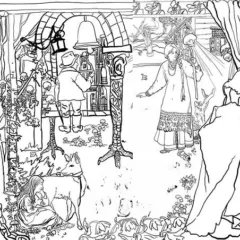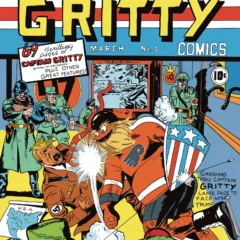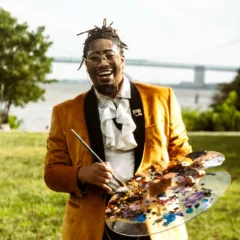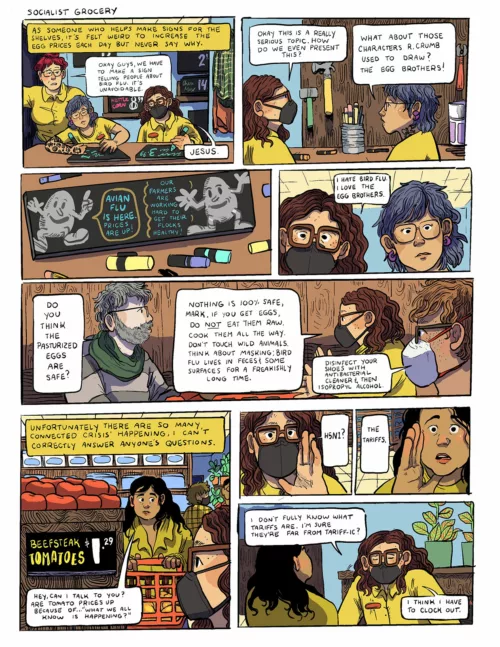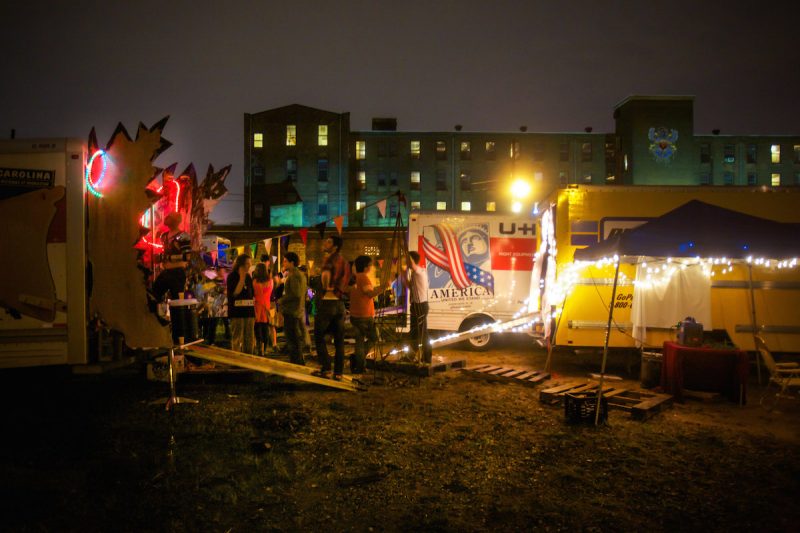
Let’s get together yeah yeah yeah
By Elizabeth Loux
Be respectful when a space has “success” in your city. Be proud of them, if that’s what they wanted. Call them out if they still use the word “alternative” to describe themselves, especially if they don’t talk about their stake in our community and society in general. Understand that “artist-run” does not mean anti-institution or DIY. We are being tricked by capitalism, which makes us believe that we are providing alternatives, that we are allies to social movements, while we are actually mirroring society’s systems of oppression. Work by yourself in your basement because, according to everybody, it is impossible to avoid capitalism. If we do participate at all, though, we need to own up to the fact that we are perpetuating deep-rooted systems.
Our independent spaces in Philadelphia may be independent in their lack of institutional affiliation, but most, if not all, were founded on or currently pursue institutional beliefs, practices, and goals. Philadelphia is not experiencing a dramatic increase in cost of living, or a severe spike in gentrification like other cities in America–LA, NYC, San Francisco, Seattle, Portland, etc. This trend was prominent as I drove around America last year following Phonebook 4, a directory of independent spaces in the United States published by Threewalls. I returned home to Philly and realized rich commercial scenes influence other cities DIY practices, while Philadelphia’s are influenced by its schools. By the need, upon graduation, to recreate the community and to mimic the academic structure that school provides. To be making work with your friends and show that work to your friends. It is understandable that we crave the community that educational institutions provide. We just cannot use the community as padding to keep our scene (majority white, middle class art school kids) in a bubble without confrontation.
I often compare our DIY scene, music and art, to past punk movements and counter cultures. In her memoir, Carrie Brownstein said in reference to Riot grrrl:
Eventually, I started to cringe at the elitism that was often paired with punk and the like. A movement that professed inclusiveness seemed to be actually exclusive, as alienating and ungraspable as many of the clubs and institutions that drove us to the fringes in the first place. One set of rules had simply been replaced by new ones, and they were just as difficult to follow.
Although communities usually have good intentions, they have the tendency to turn sour, to support those who fit in and to other those who don’t, to turn elitist and perpetuate systems of oppression while claiming to be providing an alternative. Our community needs to unify and mobilize to become a critical force. Together, we need to ask questions, such as: How can we be real (not pretend) allies to social movements and people who are being crushed by our society? Can we have an inclusive DIY scene that does not perpetuate the status quo and is an alternative? Why is education so expensive? Why do I have to work 60 hours a week cleaning out maggot-infested refrigerators to be on income-based loans in order to make my work? Why do we think society makes it so difficult to run alternative spaces?
With all this being said, if our goal is to be inclusive, is a totally DIY scene the way to go? Because underground scenes tend to only reach those who are informed of them. Usually, becoming “mainstream” is a good way to include people who would otherwise be excluded. Is it possible to be DIY and be inclusive to reach all walks of life? It is a bad trap.
Throughout history, artists have shown up to create cultural and economic change. For instance, in 1969 and 1970 in New York, hundreds of coalitions against the institution were formed. These were real alternatives; they offered the marginalized opportunities beyond showing work or going to lectures. The Art Workers Coalition (AWC) was originally formed to protest MoMA’s exhibition practices, calling them out for rarely including black, Puerto Rican, or women artists. Their concerns soon grew to fight for enhanced human rights, including healthcare for artists, cultural change, and peace in opposition to the Vietnam War. There was also Women Artists in Revolution (WAR), which, like the AWC “harnessed the power of art and collective engagement for the purpose of transforming the political and cultural economy” (Alternative Histories). Lucy Lippard, a member of the AWC, compiled the Women’s Slide Registry, which contained slides of more than 600 women artists and created a network in which women could encounter each other’s work and develop alternative practices (Alternative Art New York: 1965-1985).
I went to Tyler. I still make things and have been a part of a couple of shows, attended some lectures. I go to First Friday sometimes. I am not a part of any space, I just make things in my basement that no one will see. I often wonder what the point is. People ask me and I know they are making fun of me. The truth is, there is no point if what we do is insular, unless we just want to climb the ladder and perpetuate these systems. If that is the case, we need to rethink the alternatives that we are providing. Although I will always make things for my own mental health, I do realize that I have to fit it in here somewhere. It frustrates me that this is the system we’ve made available to ourselves, this is our alternative. I don’t know what to do, do you? We do have a stake in society, but we are not using it. We took the stake and hid it from everyone so that we can ignore it and no one would know.


